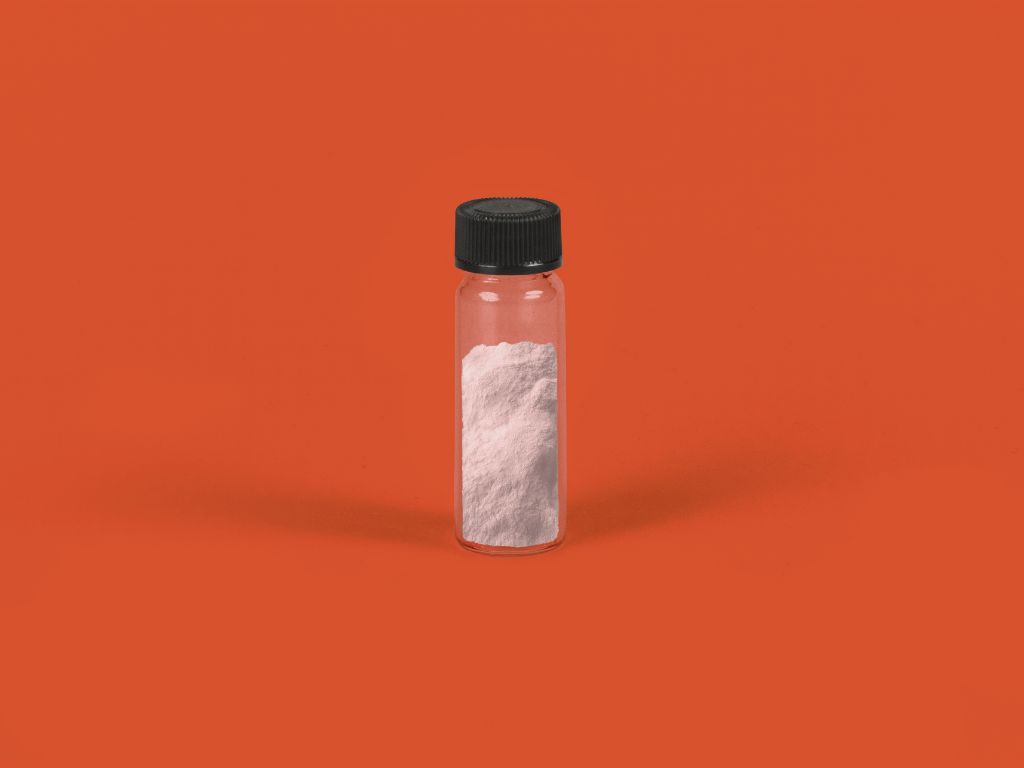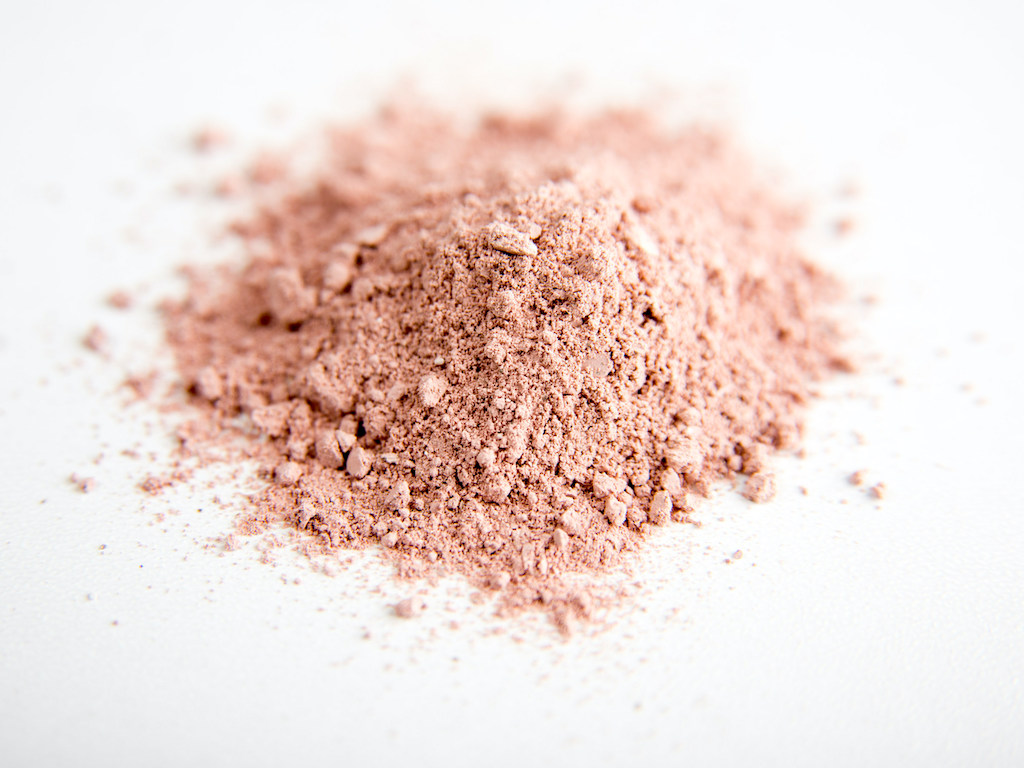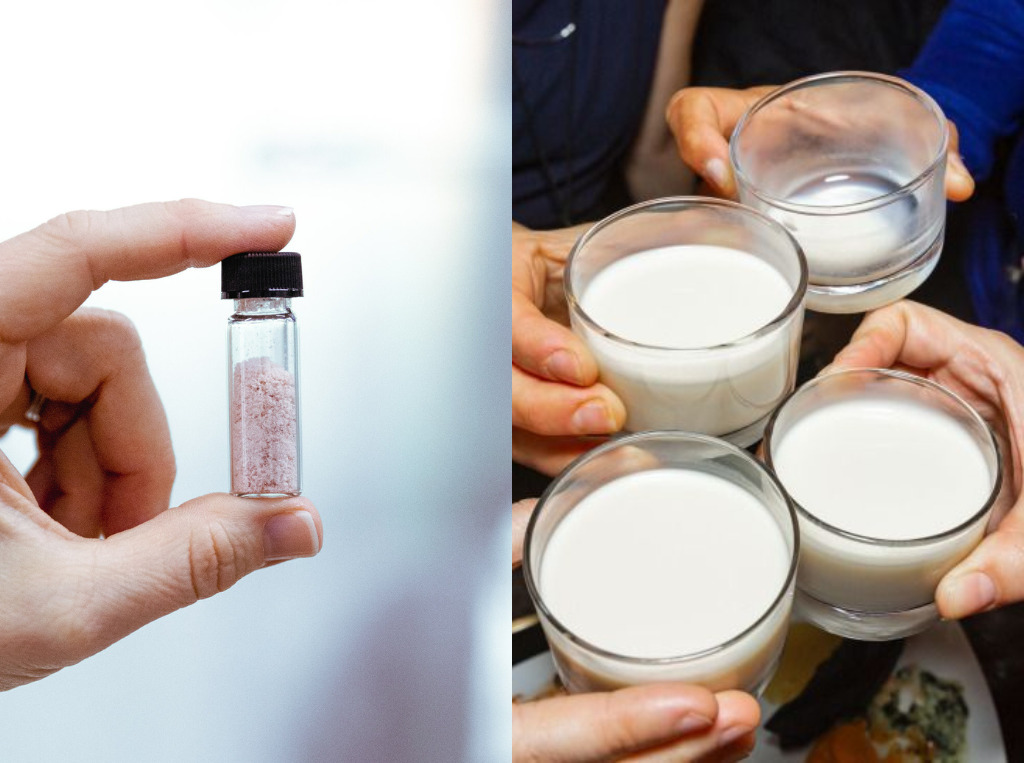TurtleTree Obtains Self-Affirmed GRAS Status for Its Precision Fermentation Lactoferrin Protein
6 Mins Read
Singaporean food tech startup TurtleTree has obtained self-affirmed GRAS (Generally Recognized as Safe) status for its precision-fermented lactoferrin in the US and says its whey protein will sell at a positive gross margin following commercialisation in Q4 2023.
TurtleTree says it has obtained self-affirmed GRAS status according to US FDA regulations for its precision-fermented whey protein, lactoferrin, according to documents seen by Green Queen. This will allow the company to commercialise the ingredient, which it labels as LF+. The company says it is the first precision fermentation company globally to obtain self-affirmed GRAS status for this ingredient. Company founder and CEO Fengru Lin told Green Queen the company plans to apply for full FDA approval next year.
The announcement comes a year after the company – which has raised nearly $40M in funding – announced its animal-free protein was market-ready, after 18 months of R&D. “With LF+, we see a way to contribute towards better nutrition in the here and now while our longer-term dairy projects remain in the pipeline,” TurtleTree chief strategist Max Rye had said at the time. “The hope is to ultimately take a proactive approach in creating the world we want to see and genuinely make a difference during a time of need.”
And earlier this year, it hosted an exclusive tasting event for the LF+ protein in San Francisco. TurtleTree, which registered a net loss of $10M for the financial year of 2022, says once it commercialises its lactoferrin, it will be selling at a positive gross margin, claiming to be the first precision-fermented dairy protein producer to do so.
Self-affirmed GRAS vs FDA notification
The self-affirmed GRAS filing makes TurtleTree one of the only precision fermentation dairy protein companies to have GRAS status in the US. California’s Perfect Day and Israel’s Remilk are the only two precision fermentation companies to have FDA GRAS status. Like Turtle Tree, Israel’s Imagindairy has obtained self-affirmed GRAS status.
Self-affirmed GRAS status doesn’t legally require FDA review – instead, companies need only conduct a safety approval by a scientific panel, and the latter can include both internal and external experts. This can be done without notifying the FDA or disclosing safety data publicly.
It’s an easier and cheaper way to commercialise, as well as being much faster, given full FDA approval can take between six months to a year. Further, it’s a way of maintaining confidentiality around proprietary information and trade secrets though it does mean companies are making their own safety assessments independently from the FDA (while complying with its requirements).
This is why many companies prefer to go through the GRAS notification process, which is much more rigorous and requires the submission of a host of comments, including both positive and negative reviews and studies of a company’s ingredients. If approved, the FDA sends a ‘No Questions’ letter, deeming the ingredient safe for sale – this is seen as a more transparent process with publicly available data and breeds both market and consumer confidence.

Now, TurtleTree’s CEO Fengru Lin told Green Queen the company will work on full FDA approval next year. “After extensive internal testing and rigorous evaluation by global experts in the field, our animal-free lactoferrin has been affirmed ready for market entry,” said Vanessa Castagna, director of clinical and scientific affairs at TurtleTree. “Securing self-GRAS marks a pivotal step, attesting to the safety and efficacy of our advanced technology and the dedication of our team.”
Why lactoferrin is sought-after and short in supply
Lactoferrin is one of the main whey proteins found in human milk and bovine colostrum produced just after birth, and also known as ‘first milk’. It’s a highly sought-after protein, given it takes at least 10,000 litres of milk to produce just 1kg of purified lactoferrin and currently retails for $750-$1,500 per kg. Because of the limited supply, it’s only used in a few essential foods and beverages like infant formula and supplements.
But this whey protein has been found to have many functional benefits, including antiviral, antibacterial, anti-carcinogenic, immunity-boosting, gut-strengthening and iron regulation properties. The latter is one of its main attributes, with the ingredient deriving its ‘pink gold’ moniker due to the hue derived from its rich iron content (it’s used to treat low iron levels during pregnancy too). Lactoferrin supplements, meanwhile, lower the risk of respiratory tract infections.
This has led to an increase in global demand for lactoferrin, with one research firm estimating a 15.8% annual growth for its market, reaching from $772.3M now to $3.3B in 2023. TurtleTree has claimed that its animal-free version will be more affordable and that it has managed to scale up production of the protein, which allows the company to alleviate “the global shortage of lactoferrin”, and attract new consumers previously unable to access the protein due to cost and supply barriers.
The company said in a press release that these include “fortifying adult nutrition products such as protein powders, functional beverages, meal replacement alternatives for the elderly, and multivitamins, as well as supplementing plant-based dairy products to bridge the functional gap with traditional dairy milk.”

The company will be able to extend the functionality of the proteins to applications outside Infant formulas, multivitamins and supplements, suggesting that it could be used in protein powders, functional beverages, meal replacements for the elderly, and animal-free dairy products.
“This milestone not only validates our commitment to innovation, but also opens doors to exciting partnerships with US food and beverage companies,” said Castagna. The company says its customers have indicated an interest in purchasing $500M worth of its LF+ protein over the next five years.
When the company was first founded, the plan was to produce cell-cultured breast milk but has since pivoted to precision fermentation dairy proteins. Lin told AgFunder in September that “initially we were really gung-ho about full spectrum milk, but bovine milk is traded on the market at $2 a gallon and we couldn’t see a way to get to that point anytime soon [using lactating mammalian cells]. We were also working on producing growth factors for cultivated meat and milk to support our cell-cultured milk program, but over time we pulled away from that to focus on high-value dairy ingredients.”
Precision fermentation and sustainability
TurtleTree adds that precision fermentation will help produce lactoferrin in “a far more sustainable way”. Livestock farming accounts for 11-19.5% of all global emissions, and between 2005 and 2015, greenhouse gas emissions of the dairy cattle sector increased by 18% due to growing demand. Plus, the dairy industry uses way more water and land to produce than plant-based alternatives.
Dairy proteins derived from precision fermentation can have a much lower impact on the environment. TurtleTree cites data from Perfect Day’s life-cycle assessment (LCA), which found that the latter’s beta-lactoglobulin (another whey protein) emits 91-97% fewer emissions, requires 29-60% less energy, and consumes 96-99% less water than conventional dairy.
British-South African company De Novo Foodlabs’ LCA is working on its own version of lactoferrin, what it calls precision-fermented NanoFerrin, and found that its protein would potentially have a 99.9% lower GHG footprint, land use and water use than conventional lactoferrin.

Other companies working with lactoferrin derived from cellular agriculture include Australia’s All G Foods, New York’s Helaina (both using precision fermentation) and Israel’s Wilk (which uses cell cultivation). The latter two are working on breast milk applications.
TurtleTree maintains that its long-term plan is to make cell-based milk for human consumption. “Bovine. lactoferrin is just the start. We see today’s achievement as a vital step in realizing our broader commercialisation strategy and in enhancing access to milk’s most powerful ingredients,” said co-founder and CEO Fengru Lin.
“By fortifying products with bioactive ingredients like lactoferrin, we’re executing a crucial component of our overall plan to empower more people than ever before to enhance their health. Our current partners share in our enthusiasm, eagerly anticipating the opportunity to incorporate LF+ into their products. Together, we are making sustainable and health-conscious choices accessible to a broader audience.”



